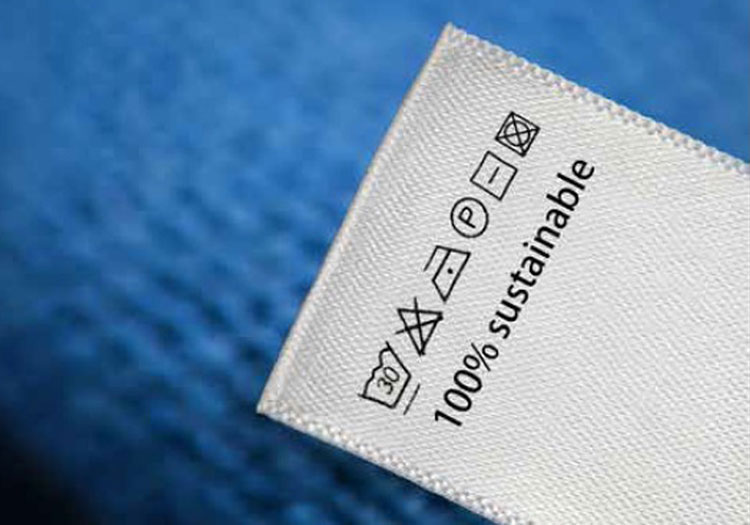Photography right off the bat is an incredibly skilful artform to me, it brings things to life and is so much more than just 'point and shoot.' It can capture a moment which may seize to exist ever again, it can proceed to manifest the exact emotion of that moment felt by those who are in it and finally, it can distil a memory on a piece of photography paper bringing back the event and making it seem so very real. Not only can it represent an embodiment of a fond memory, it is true that as the old saying goes a picture is worth a thousand words. No matter how much you try and describe a scene to someone who did not witness it, a photo can do this without much the same effort. This is one of the reasons why I feel photography will never die. Moreover, it is constantly evolving; iPhone cameras are a true representation of this. Apple is constantly churning out new phones each with a sharper camera to rival its competitors as cameras are important to the everyday man. Plus, film photography is being revived too, and as much as it is an arduous task getting the apertures and ISO’s right, the result is worth it (if you do it all right)! Firstly I am especially drawn to war photography, perhaps because my innate morbid curiosity is heightened for some reason. Despite it frequently depicting the true horror of death and destruction I alongside these components see something that represents composure. I am not saying that I do not acknowledge the true meaning of the photo which is to represent war I am however saying that war photography is fascinating and the best war photographer in my eyes is Robert Capa (and not just because of the alt-j song).
Robert Capa
The story of Robert Capa is one that is as interesting as the photo’s he took. After fleeing Nazi Germany for fear of his life as he was of Jewish faith he moved to Paris where his photojournalism career began. He covered the Spanish Civil War and World War II alongside many other small conflicts. Capa’s photography was highly commended and he was awarded the Medal of Freedom by Dwight Eisenhower, the 34th US President. His photos remain moving even to this day, capturing the horrors of war that often became some common and banal. But Capa, in my eyes captured the war in a different way. Like his infamous ‘The Falling Soldier’ capturing the life and death of a Republican soldier fighting in the Spanish Civil War, it captures the exact moment where life has ended. Yes, our modern cameras could do the same today with a ‘fast burst’ mechanism, but Capa didn’t have that. He had film, and film is incredibly difficult to shoot with (at least that's what I've found); if the aperture or the focus is a little off then the shot is ruined. Thus making ‘The Falling Soldier’ a masterpiece of war photography, and Capa a name to define and shape the photojournalism we know today. Capa was killed after he stepped on a landmine in the First Indochina War in 1954 aged 40, but I believe his legacy will continue to thrive. His name will always be known in photojournalism, I think at least.
The Falling Soldier - Robert Capa
Chloe Sheppard
Now onto some more light-hearted pastel photography. Instagram photographer Chloe Sheppard creates dreamy shots with a film camera giving them an earthly 1970s quality. Sheppard often casts ordinary girls as her models making her artwork more relatable to the everyday woman. Her photography takes a more relaxed approach, allowing the models to lounge in chairs or on the floor making her photos are soft and pretty. Being the young age of 21 Chloe is already beginning to make a name for herself in the industry, after photographing some big names like Kate Nash, Charli XCX and Dylan Sprouse it is clear that she has talent. Her visuals and her fresh girly take that is so distinct in her Instagram images have helped her in this sense, as finding a place in the vast photography world is hard one can imagine. In much the same sense Sheppard has found a place in many young girls lives as her images often depict the realities of life as a young woman today. Owing to her success she has put up exhibitions and has even directed and produced a short film entitled: ‘A Much Better Illusion.’ A significant achievement in Sheppard’s life was this film, despite it being her first time shooting on 8mm and 16mm colour film she still produced something tangible and it was in my opinion just as beautiful as the photo’s she takes.
Chloe Sheppard (@eolchsheppard)
Photos taken by Chloe on @eolchsheppard
You can watch 'A Much Better Illusion' here!





